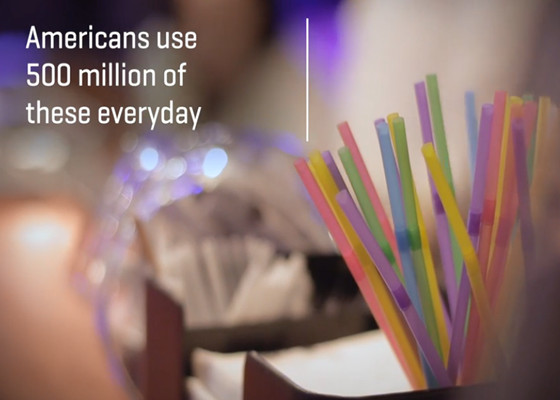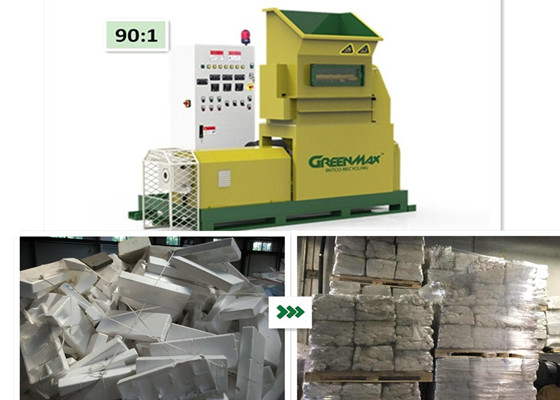According to relevant statistics that 500 million of polystyrene has been used up in America and considering about the environmental problem and the so-called potential carcinogen caused by polystyrene production, thereby there is a hot debate in all states on whether they should ban using eps packaging material, including everything from straws to grocery bags, this is quite hard to decide, although some civil servants may think we should put our health on the top place over the convenience of styrofoam. This is right on the one hand, but do they really think twice about the cost raised by business owners and even customers, moreover, totally give up on using styrofoam disposal will unavoidably consume other natural resources, politicians should balance well those tradeoffs before legislating the proposd ban on styrofoam products.

Greenmax has been developing state-of-art foam compactors that can help industry recycling polystyrene waste maximumly, after several year’s developments, Greenmax is becoming a recycling specialist in polystyrene densifiers, they have compactors and melters that can process all kinds of foam materials such as EPS/XPS/PSP/EPP/EPE, the waste polystyrene items can be melted into densified ingots with this kind of foam densifier, and the compression ratio of machine is 90:1, that is to say, the densified ingots are 90 times smaller than before. So that it is easy to transport to the recycling plants to recycle. With Greenmax APOLO and SEUS series EPS compactors, which are designed especially for Styrofoam recycling and it can work at a high ratio of 50:1 which means if you put 50m³ loose foam into the hopper, the compactors will crush the foam into pieces and then compress the pieces into EPS blocks which are 50 times smaller than before.
It’s better to do EPS recycling rather than banning or using alternatives such as paper goods, which will not be able to reduce environmental waste, but create more waste and water and air pollution than EPS does, since we know manufacturing a disposable paper cup requires at least 20% more fossil fuel and almost 50% more electricity than a styrofoam cup does. Just like the California State Water Resources Control Board released a study concluding that “mere substitution would not result in reduced trash generation if such product substitution would be discarded in the same manner as the banned item.
